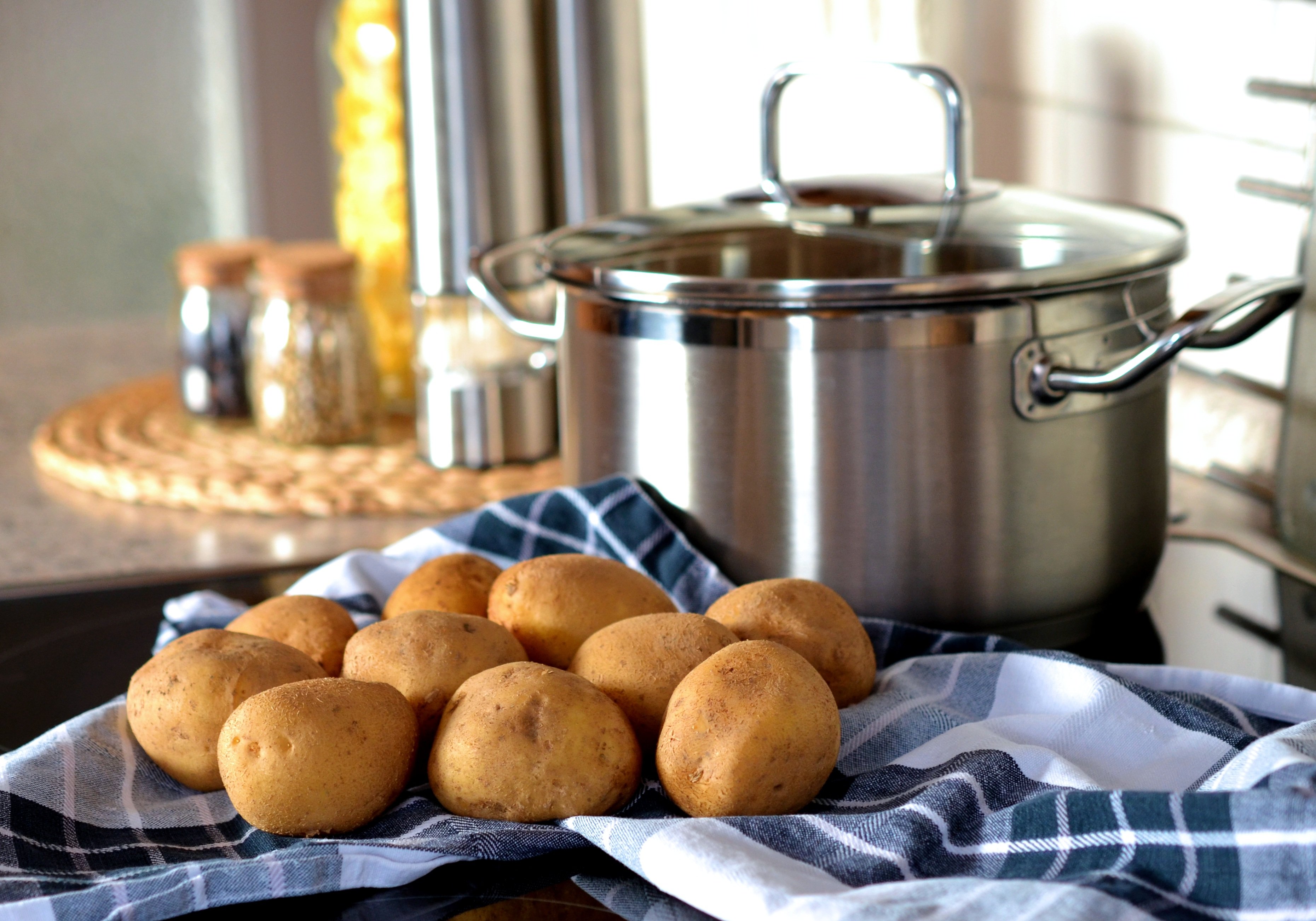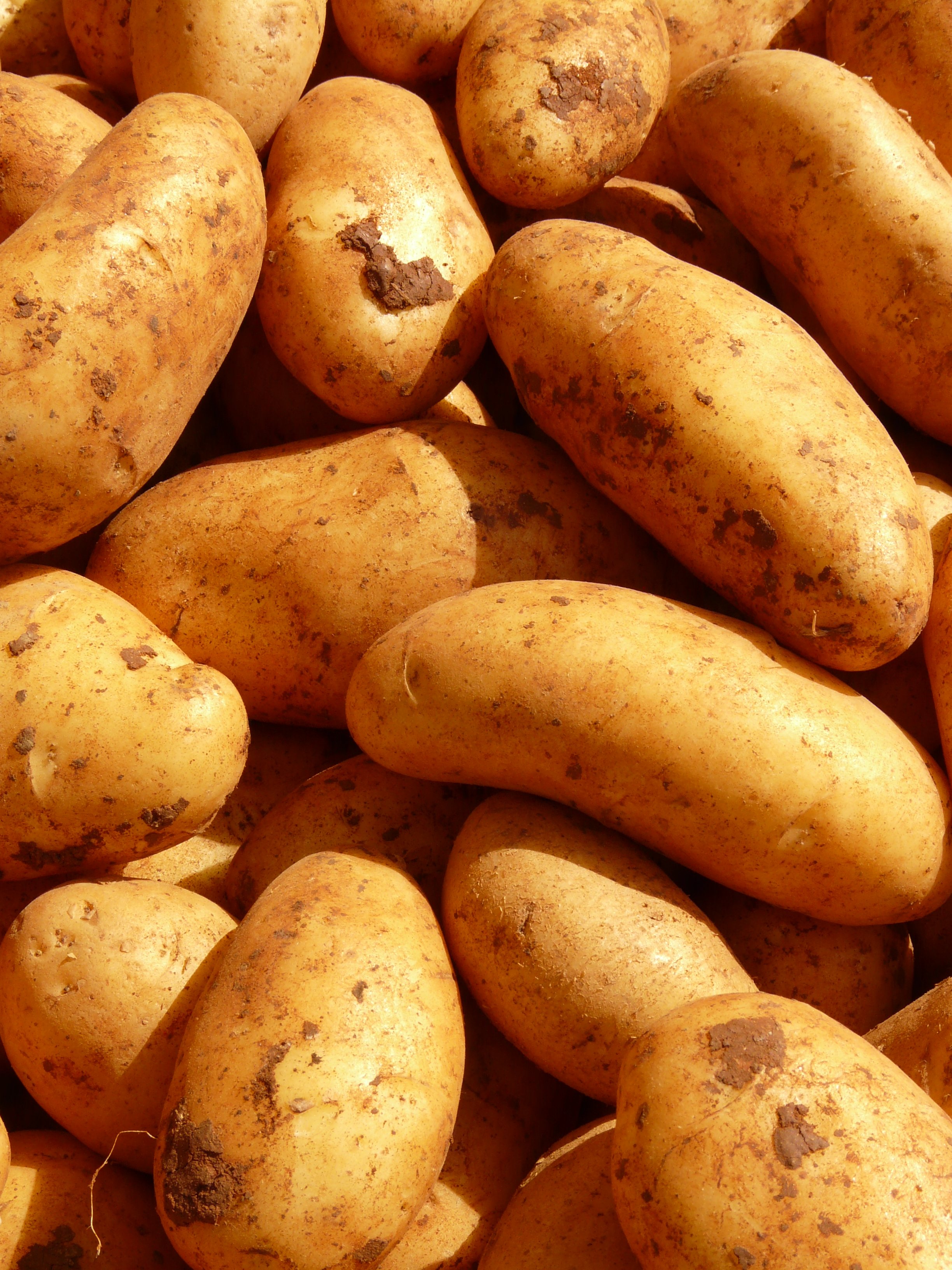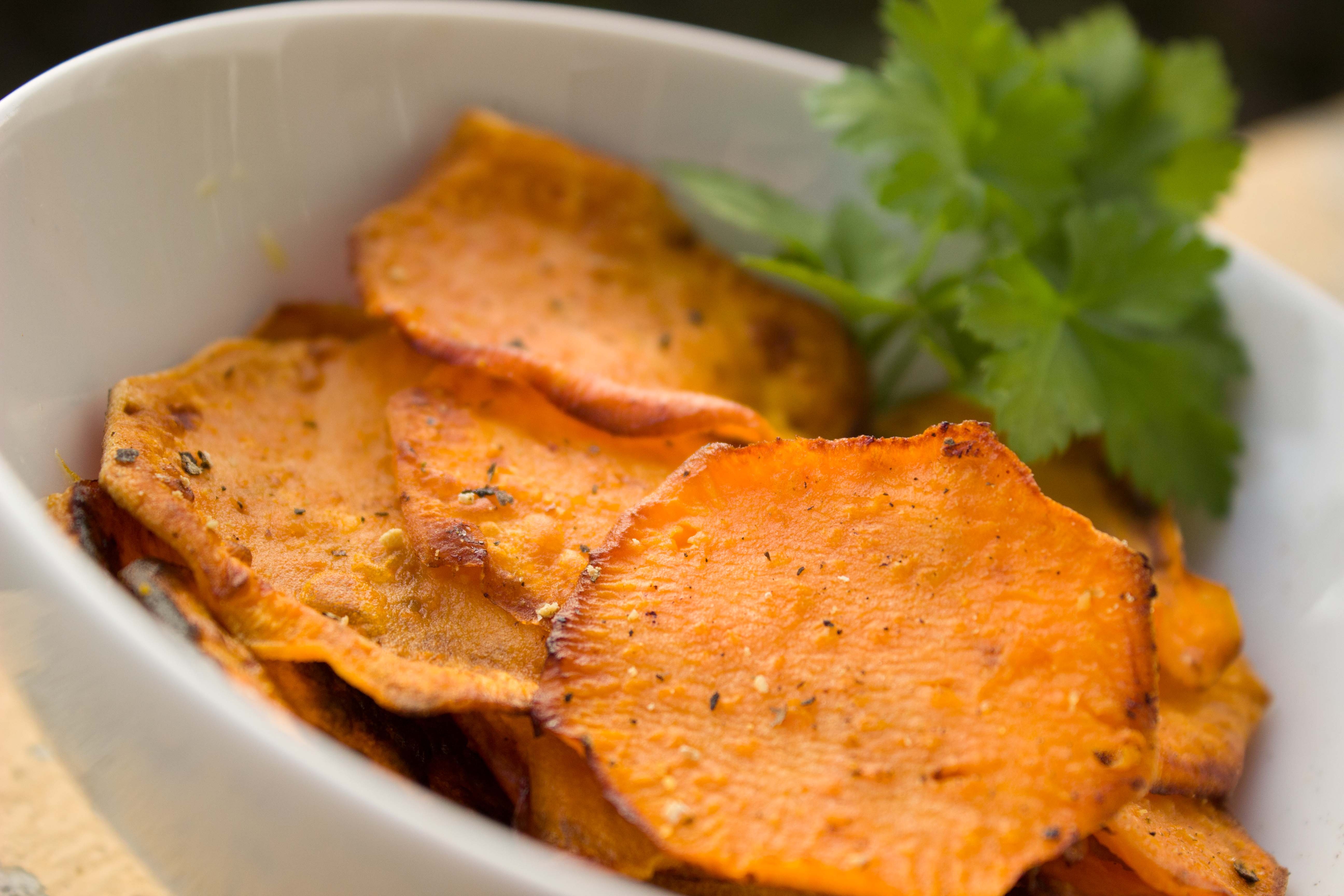How Long Are Potatoes Good For? Find Out!
Brought extra potatoes and wondered How long are potatoes good for? We have all been there.
Unlike different produce, potatoes can remain suitable for a reasonably long time before exhibiting indications of spoilage. But unfortunately, they are still likely to spoil. And many questions are encircling how long potatoes are good for.
Potatoes are tuber vegetables enriched with vitamin C and various nutrients. They are great to consume and a staple in multiple diets. Potatoes can remain suitable for several months when kept in a cool pantry. When stored at average room temperature, they are most safe if consumed within one or two weeks. After cooking, please keep them in the refrigerator for less than three days.
Should you toss away potatoes that have grown sprouts? Can you yet consume potatoes if you chop those sprouts off? We will retort all of these queries and more. Learn how to stock potatoes and how long potatoes are good to prepare dishes from your potatoes while they are still safe to eat.
Shelf life of potatoes

The time that potatoes remain fresh relies on various components, comprising how they’re stocked and whether they have been left uncooked.
Commonly, uncooked potatoes can remain good anywhere from 1 week to several months. Cooler climates, such as the temperature given by a root cellar or pantry, let them remain good for longer than kept at room temperature.
Once cooked or boiled, potatoes remain suitable for up to 4 days inside the refrigerator and a year in your freezer, though their quality suffers after freezing.
The chart below details shelf lives for various potatoes, including sweet, russet, Yukon Gold, red, and purple varieties.
Preparation and storage temperature shelf life
- Raw potatoes, stored at around 50°F/10°C 2 to 3 months
- Raw potatoes stored at around room temperature 1 to 2 weeks
- Cooked and refrigerated 3 to 4 days
- Cooked and frozen 10 to 12 months
- Instant and uncooked Years
Signs that the potatoes have gone bad

Even if you are keeping shelf life in a sense, you must still test potatoes for evident signs of spoilage.
Let’s see different varieties of potatoes and how long are potatoes good for.
How long are potatoes good for (whole potatoes)
Raw potatoes must be firm and solid to the touch with tough skin that does not show large bruises, changed color, black spots, and other blemishes.
If a potato has grown soft and mushy, you should toss it out.
Though it is natural for potatoes to scent nutty or earthy, a moldy or musty aroma indicates spoilage.
Sometimes, the potatoes may have a scar or blemished spot on the interior that you cannot otherwise see from the exterior. A strong aroma arising from a contrarily fresh-appearing potato is an indication that the interior might have decayed or begun to mold.
It would help if you permanently eliminated foul-smelling potatoes out of the bunch.
How long are potatoes good for after growing sprouts?
Sprouts are an indication of coming spoilage in potatoes.
Sprouts shape from your potatoes is commonly called “eyes,” which are barely tiny lumps or indentions where the tubers begin to stem and sprout fresh plants.
Although sprouts might appear unappealing, newly sprouted potatoes are however safe to consume as long as you eliminate the sprouts. You can accomplish so by just snapping buds off using your fingers.
It would be best not to consume these sprouts as they comprise chaconine, solanine, and additional toxic glycoalkaloids. These elements may possess severe side effects, such as neurological and digestive signs like headaches, diarrhea, and vomiting.
Furthermore, such toxins might occur in any portion of the potato having a greenish stain. Thus, it is most reliable to chop away any green portions on the flesh or skin to prevent getting sick.
If the potatoes retain sprouts, it is best to consume them quickly. As sprouts elongate, they absorb sugars and essential nutrients from the plant, resulting in it deteriorating, shrinking, and losing its crunch.
Cooked potatoes

It is not always as simple to confide when cooked potatoes have grown worse.
In a few cases, cooked potatoes have a powerful aroma or noticeable mold that demonstrates spoilage. Yet, in different cases, this food might shelter harmful bacteria without any apparent signs.
Particularly once boiled, potatoes possess an elevated risk for bacterial growth that can result in food poisoning. That is because they hold plenty of moisture, are a bit acidic, and have some protein.
Thus, it is good to consume them within four days of preparing and always heat them again to 165°F (or 74°C) to destroy any bacteria that might have formed.
Health risks
There are two significant health hazards correlated with potatoes. The main danger or risk is food poisoning from consuming spoiled potatoes. The second danger is that potato sprouts can be harmful to humans.
Food poisoning means when a person grows infected due to foodborne parasites, bacteria, viruses, or fungi.
Although the signs of food poisoning can differ with the form of the infection, one study directs the subsequent common indications of food poisoning:
- nausea
- fever
- vomiting
- retching
- dehydration
- diarrhea
- abdominal pain
People can furthermore grow unwell from consuming spoiled potato sprouts.
As another study notes, potato sprouts possess high quality of solanine, a harmful chemical. The same is valid for potatoes sprouting for a very long duration.
Signs of solanine poisoning are identical to the essential symptoms of food poisoning, such as:
- vomiting
- diarrhea
- fever
- abdominal pain
- headache
- slow breathing or pulse
Anybody with the given signs must contact or visit a doctor.
The most excellent way to store potatoes
Paying near awareness to storage conditions can enable potatoes to last longer.
Given that moisture and warm temperatures promote sprouting and exposure to sunlight boosts the rate at which the formation of glycoalkaloid toxins occurs, you should not stock raw potatoes on the kitchen counter or simply in the open.
Instead, place them in a cool, dry, dark place, like a pantry, cupboard, cellar, or cabinet that does not let sunlight in.
Additionally, uncooked potatoes are safe when kept in a container — like a box, open bowl, or punctured bag — that lets air circulate around potato tubers. They must not be packed inside airtight bags and containers.
Although cool temperatures are excellent and favorable for potato storage, new potatoes must not be kept within the refrigerator. Doing so may result in softening or browning, a high sugar quantity, and even an acrylamide boost.
Acrylamides are certain compounds that are rarely formed within starchy diets after they have been boiled or cooked at high temperatures — think potato chips or french fries— and are categorized as possible or potential carcinogens (cancer-causing) by a few organizations.
When feasible, place the potatoes separately from different kinds of produce. This will lessen their disclosure of ethylene gases that may fasten sprouting and spoilage.
As a rule of thumb, boiled potatoes must be cooled at 40°F (or four °C) and below, while frozen potatoes must be stored at 0°F (or -18°C).
How Long Are Potatoes Good For- The bottom line
Potatoes are a starchy root vegetable known partially for their long shelf life.
Yet, how long are potatoes good for depends on how they are stocked and cooked.
When kept in a cool, dry, dark place, fresh potatoes can survive for many months. But after cooking, they must be consumed or frozen within some days to avoid foodborne disease.
Make sure to toss away potatoes that retain a strong aroma or mold growth.

